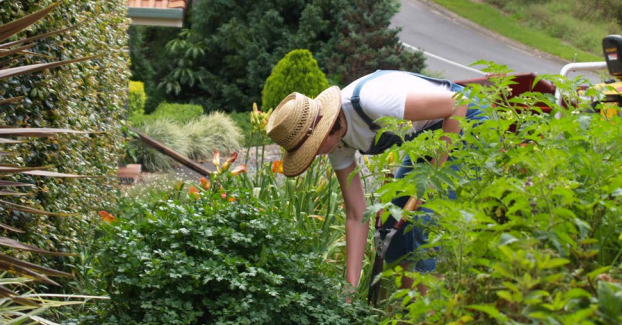
When you study Ecotherapy Practice with ACS, you will:
Study nature-based therapy.
Develop a program of ecotherapy activities.
Approach health and wellness holistically.
Not need any prior knowledge.
The course learning aims include:
Develop knowledge of broad applications and benefits.
Explain theories underpinning ecotherapy practice which support its association with physical and mental health.
Evaluate and determine clients for whom ecotherapy may be appropriate.
Determine a broad range of resources and how to use them.
Explain ecotherapy applications that harness the use of different environments.
Explain ecotherapy applications that utilise plants in a variety of contexts.
Explain ecotherapy applications that utilise animals in a variety of contexts.
Explain ecotherapy applications that can be applied indoors.
Explain ecotherapy applications that utilise creative and artistic activities in a variety of contexts.
Formulate professional wellness advice that blends with other health and wellbeing initiatives.